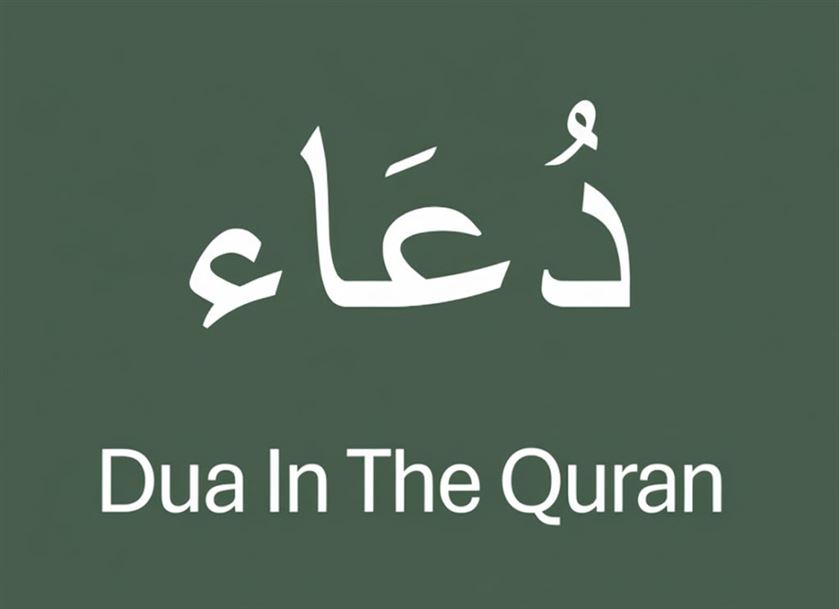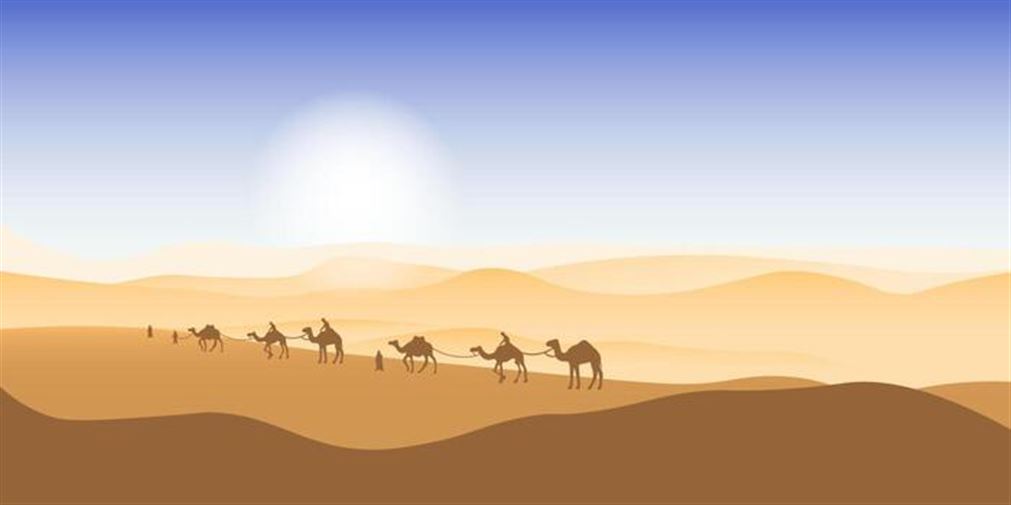There are claims that the Quran does not explain how to do Salah.
SILAT or ṢALAT means connection or COMMUNICATION – and, more specifically, communication with the message/messenger/guidance
Allah’s Book — the Qur’an — is fully detailed (6:114–115) and explains all things necessary for guidance (16:89). Yet when it comes to salah, generations of hadith-based scholars have claimed the Qur’an is incomplete — insisting you need thousands of contradictory narrations to know how to pray.
But is that true? What does the Qur’an actually reveal about how to establish the salah?
The Quran mentions that when you rise for Salah to cleanse yourself. Wash the face, arms, wipe head and feet (5:6).
The Quran also mentions that Salah is at set times.
“Indeed, the salah for the believers is a decree appointed at specified times (كتابا موقوتا).” — 4:103 (kitaban mawquta)
What are those set times?
“Establish salah from the declining of the sun until the darkness of the night, and [recite] the Qur’an at dawn…” (17:78)
Allah mentions the setting of the sun first then the dawn. He also mentions the reading at dawn. This indicates that reading of the Quran is associated with Salah. A 3rd time of Tahajjud (middle of the night) is also mentioned, in order to be in the maqam al mahmuda (an honored station).
Another verse says:
“And establish salah at the two ends of the day and at the approach of the night…” (11:114)
This verse seems to reinforce the two times previously mentioned but does not repeat the middle of the night.
Finally, in Surah Baqarah
“Maintain with care the [obligatory] prayers and the middle prayer…” (2:238)
Remembrance of Allah.
اِنَّنِىۡۤ اَنَا اللّٰهُ لَاۤ اِلٰهَ اِلَّاۤ اَنَا فَاعۡبُدۡنِىۡ ۙ وَاَقِمِ الصَّلٰوةَ لِذِكۡرِىۡ
“Surely, I AM ALLAH. There is no god but Myself, so worship Me, and establish Salāh for My remembrance”.
Therefore we remember Allah in our Salah.
As for the process, Allah leaves that up to us as the communication and connection with Allah is a growing and evolving process. As long as you attain taqwa and attempt your best to follow the guidance in the Quran, your specific steps may start at one point and as Allah guides you, change to a different format. If we had made mistakes, may Allah forgive us and if we are not making mistakes, Allah is pleased. Either way, the struggle in understanding in the way of Allah is the main point. For example, we may have a machine lift a certain amount of weight several times. However, us lifting that weight ourselves is what would build our muscles. The struggle is the point.
I can share with you how this worked for me and my family; perhaps you may benefit.
Initially, when I read the verses in the Quran against relying on or judging by guidance other than Allah, (45:6), (5:44-50). Chapter after chapter continues to hammer this point.
So I decided to rely on Allah to guide me. Over time I used Quran.com with translations from Taqi Usmani (stays relatively close to the Arabic), Abdel Halim (Gives common sense interpretations) and Abdullah Yusuf Ali (more poetic or flowery language). I also have a Hindi and Urdu translations for comparison.
I carefully read through each verse, reflecting on what has been said, taking notes and trying to keep the lessons, reminders and guidance as fresh in mind as possible. My sons joined my efforts and so did another family. The Salah evolved from a single person communing with Allah via His revelations to a family to multi-family effort. Each step came with reminders and adjustments for change in circumstances.
The experience has been nothing short of miraculous! It has changed our lives dramatically, AlHamdulillah!






